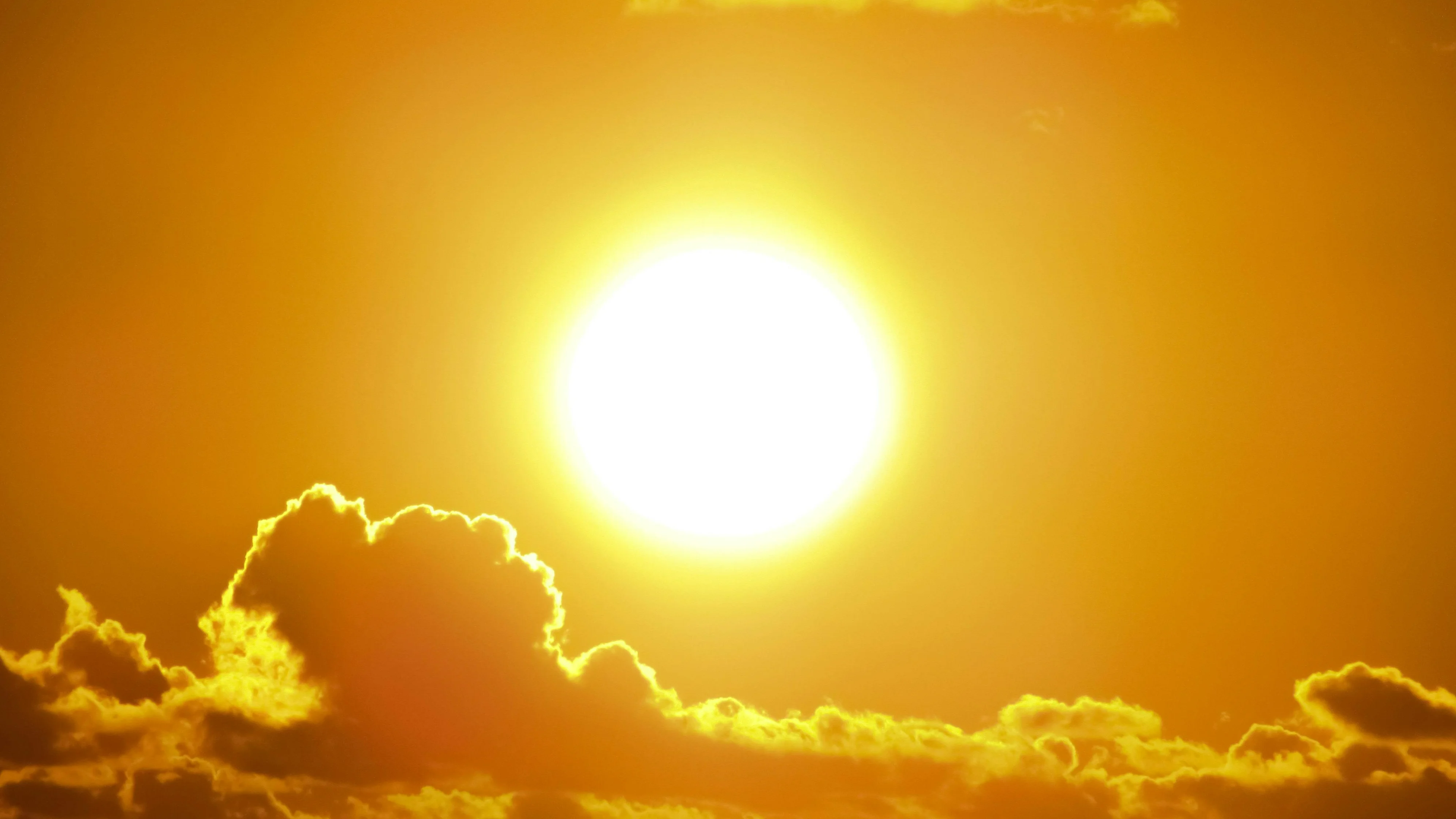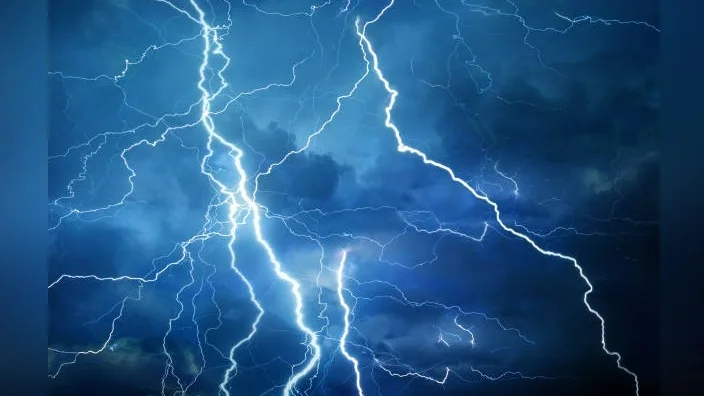It has been ten years since the publication of Pope Francis' environmental encyclical "Laudato Si'", a significant milestone that coincides with controversial legislative developments in the United States. The U.S. Congress is considering the "One Big Beautiful Bill Act" (OBBBA), proposed by President Donald Trump, which critics argue could undermine efforts to address climate change and promote clean energy.
The bill, which passed the House of Representatives on May 22 and was released as a legislative text by the Senate Finance Committee on June 16, includes proposals to reduce funding for clean energy investments, sell public lands to industry, create legal permitting detours for potential polluters, and eliminate federal subsidies for energy-efficient technologies.
Senator Kevin Cramer remarked to Politico’s E&E News that the Senate's version of OBBBA closely resembles the House bill. This similarity is concerning for Catholic environmental advocates like Kayla Jacobs from the Catholic Climate Covenant. She expressed that “in terms of climate, it’s terrible,” adding that it could set back global efforts to address climate change.
In response to these concerns, Catholic Climate Covenant organized an initiative on June 25 where they delivered blessed copies of "Laudato Si'" along with personal letters to all 148 Catholic members of Congress. They aim to inspire renewed moral leadership aligned with Catholic teachings on climate action.
The House version of OBBBA dismantles key provisions of the Inflation Reduction Act (IRA) of 2022, which was aimed at reducing greenhouse gas emissions through tax credits and other incentives. According to Climate Power, this act resulted in over 400,000 new clean energy jobs and $422 billion in investments across various states and Puerto Rico.
Danielle Wood from Notre Dame Global Adaptation Initiative warned against disinvesting in socio-environmental concerns as it would exacerbate environmental challenges and human suffering. Archbishop Borys Gudziak also criticized OBBBA for withdrawing crucial investments in clean energy and jobs.
Reba Elliott from Laudato Si’ Movement criticized some provisions as "cruel," especially those affecting air pollution reduction in schools. Sharon Lavigne from Rise St. James emphasized how critical monitoring air quality is in areas like Louisiana's "Cancer Alley."
The implications of OBBBA are far-reaching not only within domestic policy but also internationally as America steps back from its role in global climate leadership after exiting the Paris Agreement under President Trump earlier this year.
###
 Alerts Sign-up
Alerts Sign-up






